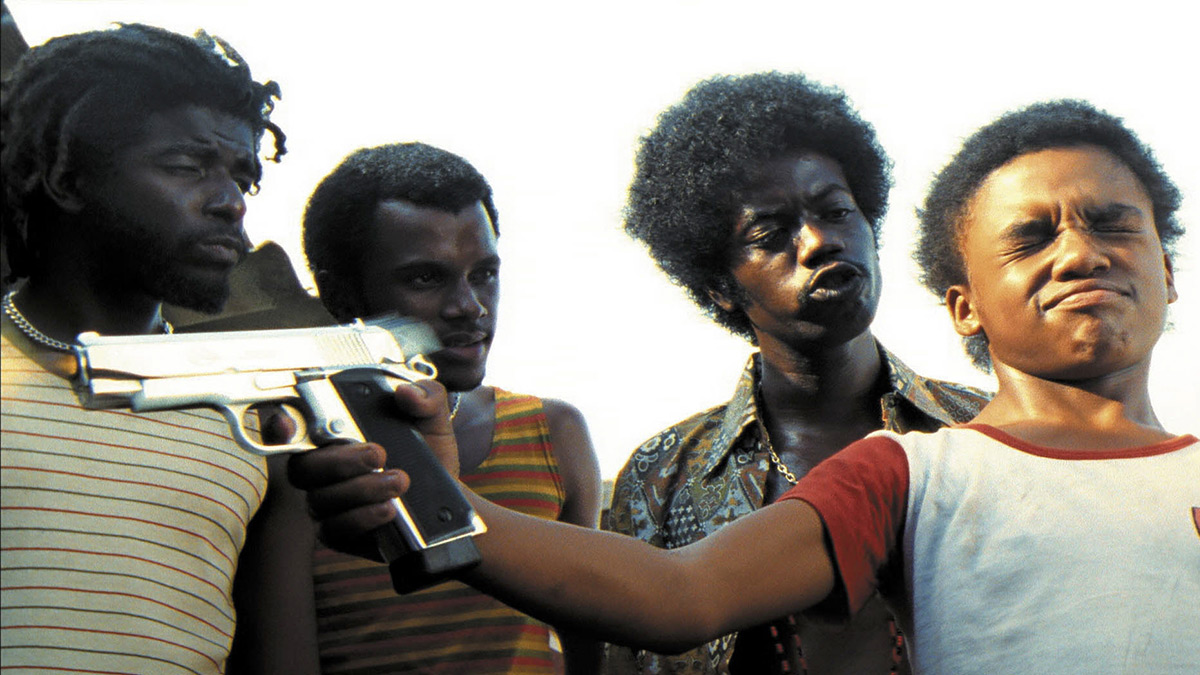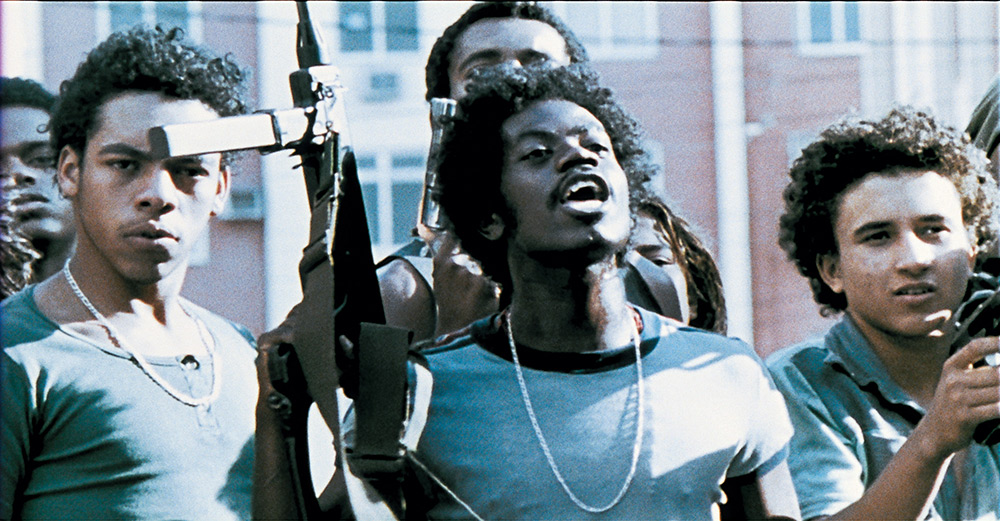
(c) Photofest / Getty Images
"City of God": Why has this merciless, violent film about Inferno become such a timeless classic? *Note! Contains spoilers
2024.06.19
*This article touches on the ending of the story, so we recommend watching the movie before reading it.
City of God Synopsis
In the late 1960s, there was a slum on the outskirts of Rio de Janeiro, Brazil, called the "City of God." In this miserable city where constant conflict continues and children can easily carry guns, a group of young gangsters live strong lives. Little Dice, a boy who dreams of becoming a gangster, joins three other thug boys in a motel raid, experiences his first murder, and then disappears. Meanwhile, Buscapé, the younger brother of one of the trio, dreams of becoming a photographer after seeing a reporter at the scene of a crime. A few years The Day After, Little Dice, who had been hiding, reappears, changing his name to Little Zé, to take over the city.
Index
- A terrifyingly violent movie that takes a look at the world's happiest Inferno!
- Despair, resignation, a glimmer of hope... a perfect ending without catharsis
- This is actually the Brazilian version of "The Waterboys"! A youthful filming location!
- "City of God" as a symbol of "hope"
A terrifyingly violent movie that takes a look at the world's happiest Inferno!
"Favela" is a Brazilian word meaning "slum area". And in Brazil's big city Rio de Janeiro, there is the country's largest favela. The masterpiece "City of God" (2002) made the world aware of what is happening in these favelas. As soon as it was released, it swept the film awards in Brazil and was nominated for many Academy Awards in the United States. Of course, it was a huge success at the box office, and here in Japan, it was much talked about as "Battles Without Honor and Humanity from the other side of the world" due to its subject matter of city gangs, documentary-style filming, and ensemble drama style. Even now, more than 20 years after its release, many Japanese movie fans rank this film as the best Brazilian film. What is it about "City of God" that attracts us? What is so special about this film? In this article, I would like to talk about the appeal of this film.
The protagonists of this film are the boys who live in the "City of God," a corner of a favela. The story is told by Buscabe (Alexandre Rodrigues), a kind-hearted boy who aspires to be a photographer, and tells the story of what happened in the City of God from the 1960s to the 1970s.
Originally, the City of God was a city for people who had been abandoned by the government. It was an abandoned place for people who had lost their homes due to floods or poverty. Naturally, the police were not very active there, so the security situation was bad. However, in the 1960s, he was respected by those around him for robbery and extortion, and became a famous gangster who could earn a decent living.
However, the situation changes dramatically with the arrival of a boy named Little Ze (Leandro Firminho da Aura).
Little Ze has no qualms about killing. The character is based on a real person, who grew up in the slums but whose family did not turn to crime. It was as if he had suddenly developed a talent for evil.

"City of God" (c)Photofest / Getty Images
Little Zé expands his influence by killing his targets one after another, and eventually gets involved in drug trafficking, becoming the leader of the City of God. However, he has a complex about being ugly. His attempts to pick up women are always unsuccessful. Before long, his anger is directed at Mane (Seu Jorge), a man known in the city as the "handsome Mane." Every time Little Zé sees Mane on the street, he beats him up, eventually raping his girlfriend and shooting up his house, killing his family. Mane finally joins a gang and begins a full-scale conflict with Little Zé (Seu Jorge, who plays Mane, is a hugely popular singer in his home country, and sang his heart out at the Rio Paralympic ceremony).
When the conflict with Manet begins, Little Ze strengthens his armed forces. He starts handing out guns to his subordinates as if they were candy. Children in their teens and twenties, and even younger, start forming gangs and killing each other with guns. Children take up guns as if they were toys, killing and dying as an extension of play. It's hard to believe, but this film is based on a non-fiction novel, and although it is partially fictionalized, the events depicted in the film are basically based on real events.
It's shocking enough that kids are killing each other, but the source of the firearms they get their hands on is... and worst of all, the police. Little Z sells drugs, buys guns from the police with the money, and kills members of the opposing organization. Of course, the opposing organization won't stay silent, so Little Z sells more drugs and collects more powerful guns. The police make money, so they sell more guns. It's a vicious cycle that has even the much talked about XX Prefectural Police running away barefoot. This film depicts these facts with a documentary-like touch.

